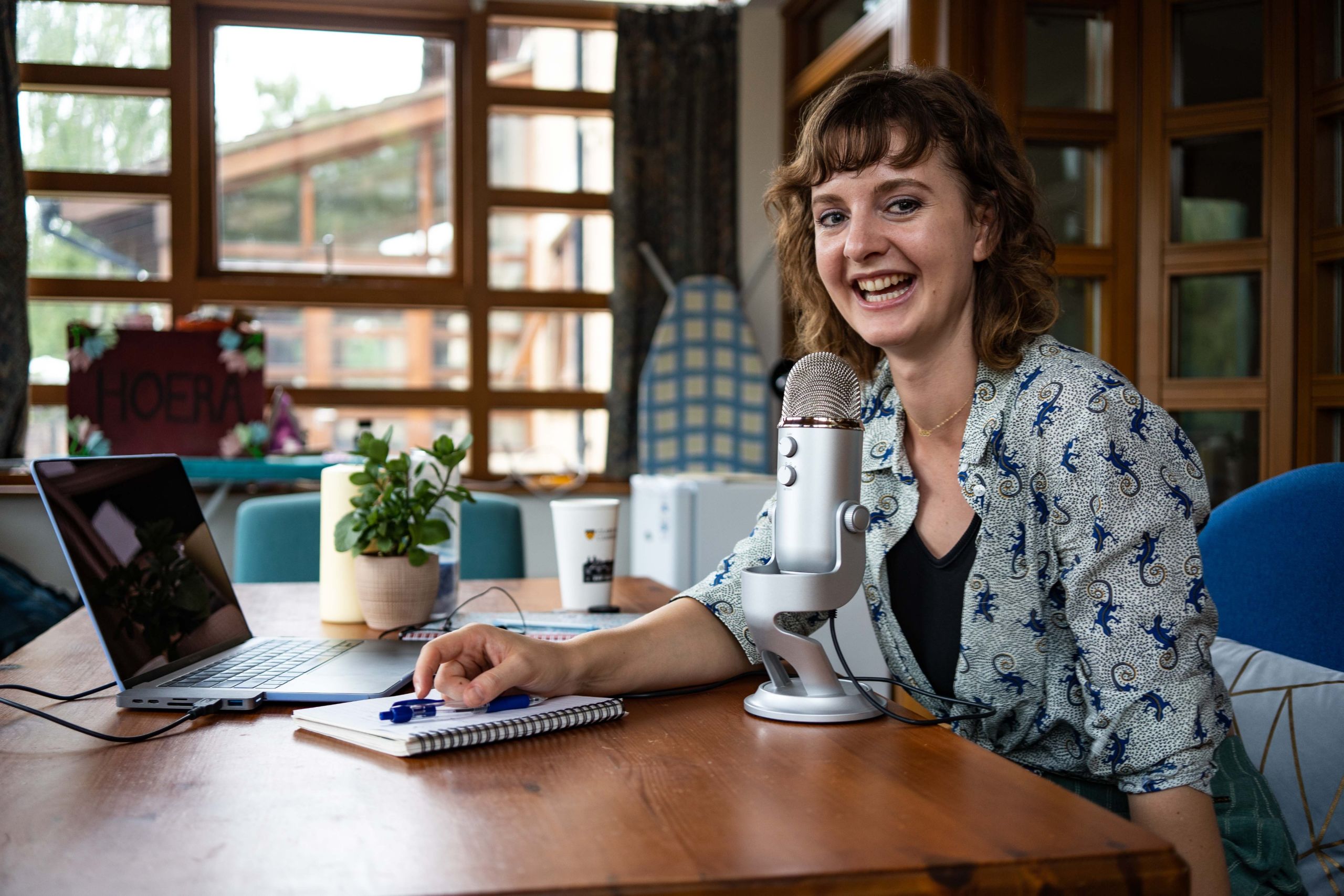Faculty student wins Masters’ dissertation award for third year running

Simone Eringfeld
Simone Eringfeld
A highly-innovative, multimedia research project which examines the ‘post-coronial’ future of higher education has won the British Educational Research Association’s annual Masters Dissertation Award.
Simone Eringfeld, the recent MPhil graduate who undertook the study, is the third Faculty of Education student to win the BERA prize in as many years, following the successes of Thu Thu and Joyce Kim in 2020 and 2019. The award recognises ‘academic excellence and rigour in research by a Master of Education student’.
Simone completed her MPhil in Education, Globalisation and International Development last year, several months into lockdown and after a significant proportion of University of Cambridge tuition had moved online. She had originally planned to travel to Uganda to carry out research in refugee camps, but like many colleagues, was forced to rethink her project because of the pandemic.
Instead, she decided to use the University of Cambridge itself as a study subject, and conducted a project which examined both the community’s response to the crisis, and the ways in which it might influence changes in higher education in the future. Unusually, part of her methodology involved producing a podcast, Cambridge Quaranchats, in which Simone interviewed students and staff, and documented their evolving views and experiences of life at Cambridge during the pandemic.
She then used clips from the podcast as a stimulus for private interviews with several academic staff members and students, in which she explored their hopes and fears for higher education as a whole. These revealed that, following the shift to online learning, many fear the loss of education as an embodied and communal experience – although a majority of staff and students would also favour a blended approach to learning once the pandemic abates. Simone published a paper about her findings in Studies in Higher Education earlier this year.
In a further innovation, she also presented some of these reflections as poems built from lines and phrases drawn from the original conversations. Her final dissertation combined this ‘data poetry’ with podcast fragments and voice memos, as well as more conventional academic writing.
“I couldn’t be happier to receive this award, especially given the experimental and creative nature of the research,” Simone said. “The use of podcasts as a research tool is a new and unexplored method, and the idea was something which evolved during the project itself. The whole thing was obviously quite unplanned and the project involved experimenting with different ways of assembling research data. It was a steep learning curve – which required me to develop not just as a researcher but also as a podcaster and poet – so I’m extremely proud of what Cambridge Quaranchats and my research have become.”
Simone has recently begun to set some of her data poems to music, and plans to release these on her Youtube Channel in early March. “It feels very much like the culmination of the work,” she added. “It’s about turning the written word back into the spoken word, and working with the emotive and embodying aspects of the thesis.”
She has also recently started an edu-coaching service for secondary and higher education students aged 15-24 who are seeking extra support and inspiration during lockdown.
“It’s another outcome of the research, but in a more practical sense,” Simone said. “The experience of being in lockdown has created a mix of different challenges for students: some are struggling with issues like motivation or staying productive, but – as the dissertation itself demonstrated – there is an emotional toll as well when people feel isolated and disconnected from teachers and peers. The service therefore combines study and learning mentorship with wellbeing support to help students overcome the challenges they are experiencing.”
Further information about the BERA Masters Dissertation Award is available here.

